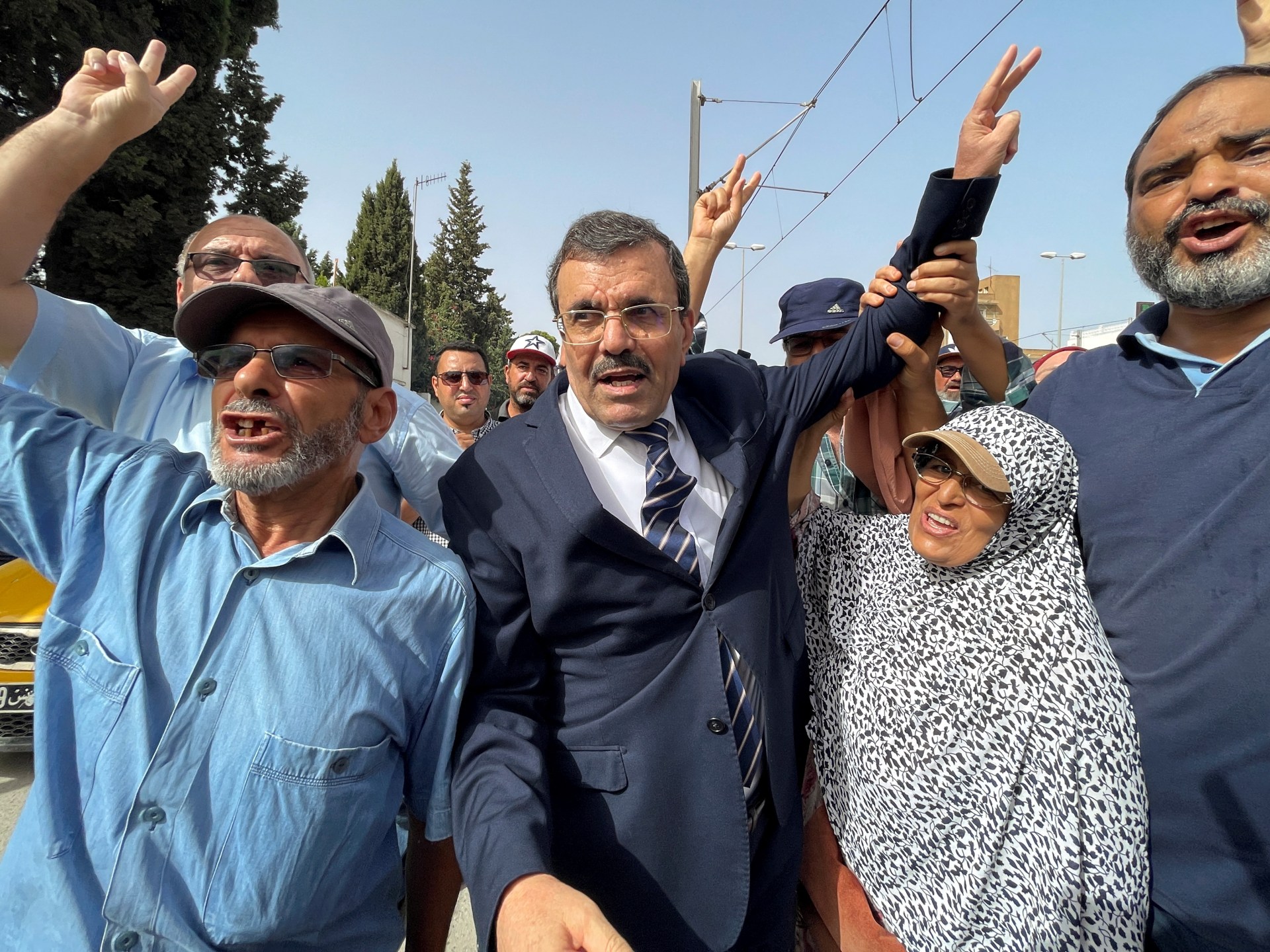Tunisian Political Firestorm: Ex-PM Faces Decades-Long Sentence in Controversial Terrorism Trial

In a bold stance against what they perceive as judicial manipulation, Former Prime Minister Ali Larayedh and the opposition Ennahdha party have vehemently condemned the ongoing trial, characterizing it as a politically driven prosecution designed to target their political interests.
The party leadership argues that the legal proceedings are less about justice and more about settling political scores, suggesting a calculated attempt to marginalize their political influence and undermine their democratic representation.
